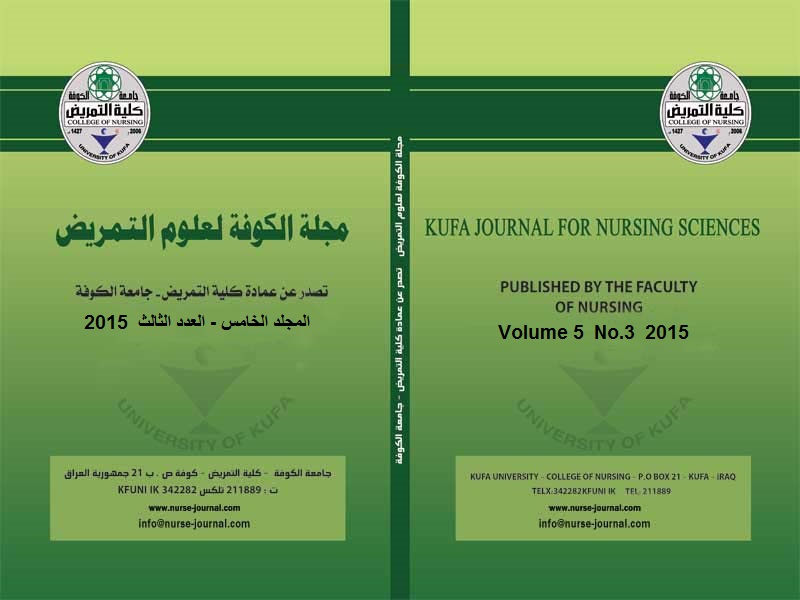Abstract
Background: Thyroid hormones are essential for brain development. Transient hypothyroxinemia early in life may increase the risk of neurodevelopment disabilities in preterm infant .
Objectives: to study thyroid function among preterm infants & factors that may affect the results .
Methodology: This study was done on 50 preterm infants in Al-Zahraa teaching hospital in the period of 1st of March to 1st of November 2012. Thyroid function test was done to those neonates within the first 3 days of life. All the patients complain of complications of prematurity. Factors related to the neonate as gestational age ,birth weight , sex and complications of prematurity were studied in relation with the results of thyroid function test. Also factors related to the mother as diabetes mellitus, hypertension & family history of thyroid disease & mental retardation was taken into consideration.
Results: Thirty seven (74%) of neonates have normal thyroid function test, one neonate (2%) has hypothyroidism, 2 (4%) neonates have transient hypothyroxinemia and 10 (20%) neonates have transient moderate elevation of TSH (10 - 30 U/ml).The preterm with hypothyroidism have family history of mental retardation. and the hypothyroid state could be related to familial cause rather than prematurity. Statistical analysis was done by using SPSS version 17.
Conclusion: Although the study shows no statistical relation between gestational age & complications of prematurity with thyroid function test results, thyroid screening for premature infants especially those with complications should be taken into consideration for better outcome.
Recommendation: we recommend neonatal screening for thyroid function especially for preterm infants.
Objectives: to study thyroid function among preterm infants & factors that may affect the results .
Methodology: This study was done on 50 preterm infants in Al-Zahraa teaching hospital in the period of 1st of March to 1st of November 2012. Thyroid function test was done to those neonates within the first 3 days of life. All the patients complain of complications of prematurity. Factors related to the neonate as gestational age ,birth weight , sex and complications of prematurity were studied in relation with the results of thyroid function test. Also factors related to the mother as diabetes mellitus, hypertension & family history of thyroid disease & mental retardation was taken into consideration.
Results: Thirty seven (74%) of neonates have normal thyroid function test, one neonate (2%) has hypothyroidism, 2 (4%) neonates have transient hypothyroxinemia and 10 (20%) neonates have transient moderate elevation of TSH (10 - 30 U/ml).The preterm with hypothyroidism have family history of mental retardation. and the hypothyroid state could be related to familial cause rather than prematurity. Statistical analysis was done by using SPSS version 17.
Conclusion: Although the study shows no statistical relation between gestational age & complications of prematurity with thyroid function test results, thyroid screening for premature infants especially those with complications should be taken into consideration for better outcome.
Recommendation: we recommend neonatal screening for thyroid function especially for preterm infants.
Keywords
hypothyroxinemia
premature infants
thyroid function test
